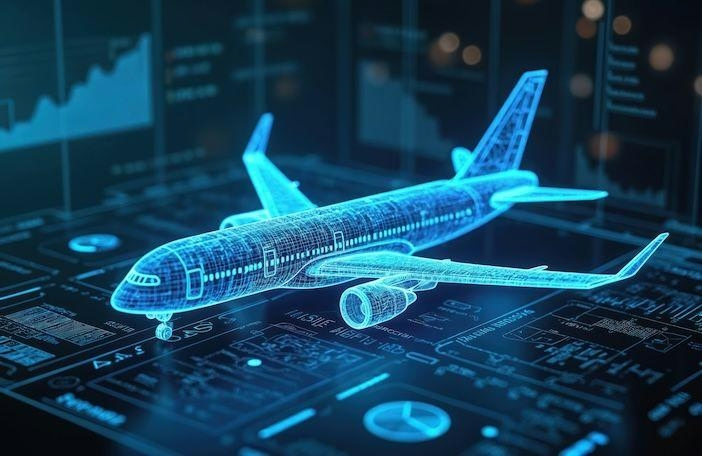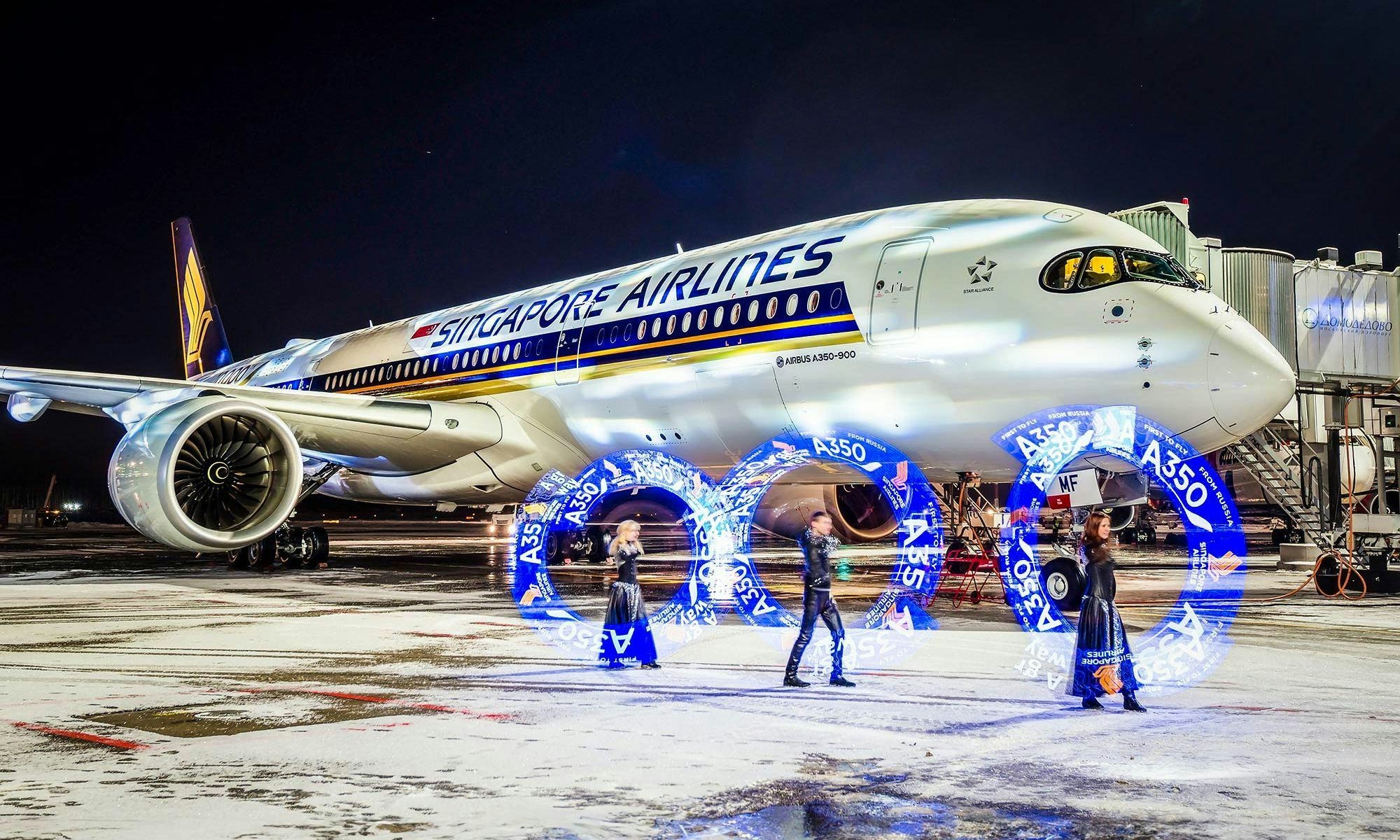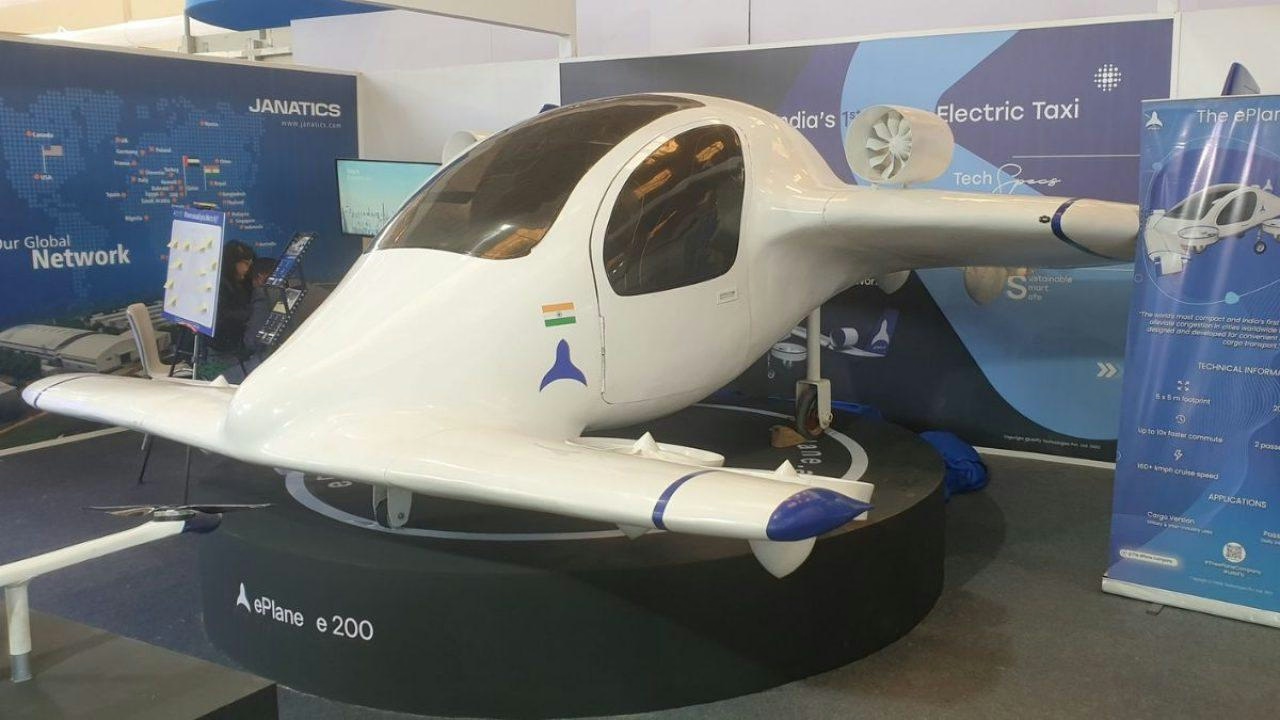AeroGenie — Your Intelligent Copilot.
Trending
Categories
The Impact of AI on Aviation Learning and Development

The Impact of AI on Aviation Learning and Development
Balancing Technological Advancement with Human Expertise
A recent McKinsey report has highlighted the transformative potential of artificial intelligence (AI) and automation within the aviation industry. These technologies promise substantial improvements in productivity and operational efficiency. However, experts caution that without intentional integration into learning and development (L&D) frameworks and core business processes, the sector faces the risk of significant deskilling. The rapid adoption of AI could undermine critical human capabilities such as judgment, communication, and critical thinking—skills essential for frontline aviation personnel tasked with managing disruptions, ensuring passenger safety, and delivering high-quality customer service.
The McKinsey State of Aviation 2025 report emphasizes that organizational health, beyond mere efficiency, is a crucial determinant of sustained performance. Airlines that demonstrate strategic clarity, foster cross-functional collaboration, and maintain high levels of employee motivation are more likely to realize positive returns on invested capital. Yet, this organizational health is jeopardized if AI deployment proceeds without a clear strategy focused on human development and skill retention.
Risks of Overreliance on AI and Lessons from Other Industries
Emerging research reinforces these concerns. A study published in Humanities & Social Sciences Communications revealed that nearly 69% of participants experienced increased dependence on AI tools, which corresponded with reduced motivation to engage in learning and diminished involvement in complex tasks. This trend threatens to erode core competencies such as decision-making and independent problem-solving over time.
The aviation sector is not unique in confronting these challenges. Industries such as telecommunications and utilities have witnessed automation enhance efficiency but often at the expense of human expertise. When automated systems malfunction, employees may lack the necessary skills to intervene effectively. In aviation, the consequences are particularly severe: no AI-driven chatbot can soothe anxious passengers after cancellations, nor can algorithms replicate the empathy required to assist stranded families. While AI-powered predictive maintenance can mitigate many technical issues, it cannot account for every variable during operational disruptions. Human intelligence and adaptability remain indispensable.
Navigating AI Integration Amid Market Pressures
The broader market is currently experiencing a surge in AI investment, driven by intense competition for talent and advanced semiconductor technologies. This rapid expansion carries risks reminiscent of previous technology booms that resulted in market volatility and disruption. In response, some competitors are pursuing strategic collaborations aimed at developing sustainable operational models and integrating AI tools that personalize learning and support workforce development. Despite these efforts, actual adoption of such tools remains limited, and human resources departments continue to grapple with how best to invest in future talent and skills amid ongoing AI advancements.
Across sectors including retail, hospitality, and banking, AI is increasingly viewed as a means to empower rather than replace human service. For instance, NatWest’s collaboration with OpenAI to enhance its ‘Cora’ digital assistant has improved customer satisfaction while reducing dependence on human advisors. In aviation, reimagining the travel experience through AI will require a renewed emphasis on building employee confidence and capability, ensuring that technology complements rather than diminishes the human touch that defines exceptional service.
As the aviation industry undergoes this technological transformation, the central challenge will be to harness AI’s potential while preserving the skills and judgment that remain fundamental to its success.

Factors Behind the Airbus A350’s Short Takeoff Distance

Archer Aviation Partners with NVIDIA to Advance Aviation AI Technology

Chennai Startup to Develop India’s First Electric Air Taxi

Factors Positioning Airbus for Leadership in 2026

Emirates Unveils Cabin Design for New Boeing 777X

Eighteen Years On, the Airbus A380 Remains Central to a $34 Billion Airline

How a boom in luxury airline seats is slowing down jet deliveries

Navitaire Outage Attributed to Planned Maintenance

AI, VR, and Data Transform Pilot Training by 2026

Airbus Plans Record Delivery of 870 Aircraft in 2026
